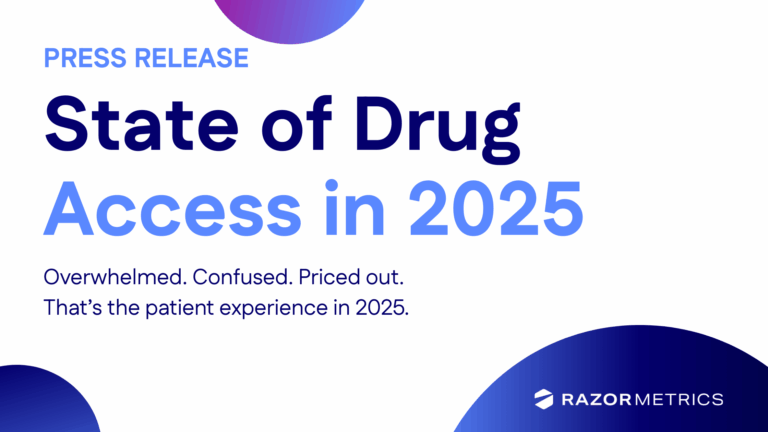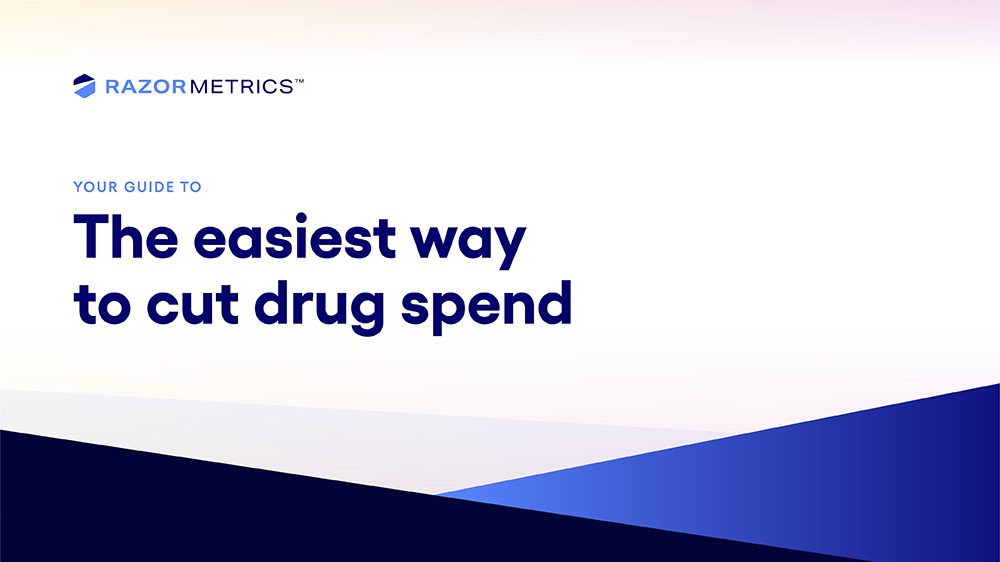The Inflation Reduction Bill was introduced in the House of Congress in September of(2021) then it hit the Senate and stalled. After a long pause and some wheeling and dealing, it squeaked by in the Senate on August 7th. Then, it flew back through the House on Friday the 12th and now, will be signed by the President in the coming days. Now that it has passed the legislature, here is what you need to know about how the Inflation Reduction Bill will impact healthcare:
1. Medicare can negotiate drug prices: Medicare will legally be allowed to negotiate drug prices for seniors and people with disabilities. This has been a sticking point for years as Medicare was barred from negotiating lower prices and had to pay whatever the drug companies charged. Though private health insurers and employers could negotiate or use a PBM, Medicare could not. This is a BIG change and is predicted to save the government health insurance program $99 billion.
2. Insulin will be capped at $35 for Medicare members. Phew! Again, this is a big deal and will help reduce Medicare costs. Diabetes is one of the chronic conditions with severe comorbidities if not properly treated. Making insulin affordable for seniors should save the U.S. healthcare system in costs related to emergency room visits and specialists. The cap does not extend to private health insurers or the uninsured.
3. Inflation on prescription drugs will be tied to national inflation rate: Increases in prescription drugs will be tied to the rate of inflation, dramatically limiting the hikes that manufacturers have enjoyed for decades. The cap includes private health plans not just Medicare.
4. Medicare out-of-pocket costs will be capped: Seniors with Medicare Part D will not have to spend more than $2,000 a year out-of-pocket, benefitting 1.4 million enrollees. Cost sharing for vaccines has been eliminated. This will save lives. No question.
5. No premium increases for 3 years for ACA enrollees: The enhanced premium tax credits will be extended for people in the Affordable Care Act marketplace. The premiums will be capped at 8.5% of income for all enrollees, before the pandemic it had been close to 10%. Lower-income policyholders may have their premiums reduced to $0 and those earning above 400% of the poverty line will be eligible for some help covering their healthcare premiums.
Photo by Joshua Sukoff on Unsplash




